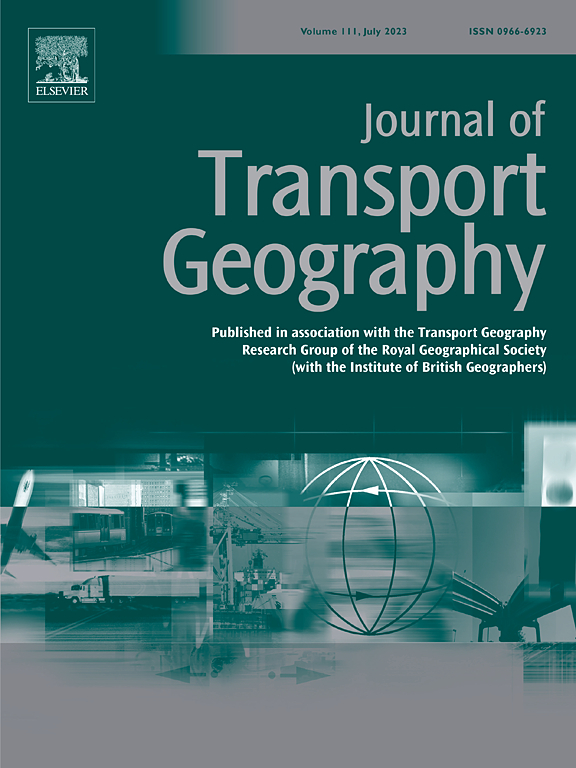The Trans-Caspian Corridor – Geopolitical implications and transport opportunities
IF 5.7
2区 工程技术
Q1 ECONOMICS
引用次数: 0
Abstract
Recent geopolitical developments, including the Russia-Ukraine war, the US-China trade war, and China's Belt and Road Initiative, have significantly altered the transportation landscape of Central Asia. Traditional corridors like the Trans-Siberian Corridor through Russia have become less viable, accelerating the rise of new alternatives, such as the Trans-Caspian Corridor (TCC). This corridor, connecting Asia and Europe via Kazakhstan and the Caspian Sea, has emerged as a geopolitical tool for nations seeking to diversify trade routes and reduce dependency on the traditional maritime trade route and Russian influence.
This study investigates the TCC, which remains largely underexplored in academic research. Employing an inductive qualitative research approach, we conducted 14 in-depth interviews with logistics companies and political authorities from Central Asia and Europe. Our analysis identified five key stakeholder groups and their geopolitical codes in shaping the TCC amid a shifting geopolitical context. We also examined five areas of strategic interest that drive the corridor's development: current and lasting interest, infrastructure and equipment, standardization and digitization, cooperation and coordination, and spillover effects.
The findings offer valuable real-world insights into the geopolitical significance of the TCC, contributing to the scarce body of research on the corridor. The study highlights how the TCC not only serves as a transport route but also as a strategic instrument for geopolitical influence. Based on this analysis, we propose research propositions and areas for further investigation, laying the groundwork for future analysis of the TCC's role in Eurasian geopolitics and connectivity.
求助全文
约1分钟内获得全文
求助全文
来源期刊

Journal of Transport Geography
Multiple-
CiteScore
11.50
自引率
11.50%
发文量
197
期刊介绍:
A major resurgence has occurred in transport geography in the wake of political and policy changes, huge transport infrastructure projects and responses to urban traffic congestion. The Journal of Transport Geography provides a central focus for developments in this rapidly expanding sub-discipline.
 求助内容:
求助内容: 应助结果提醒方式:
应助结果提醒方式:


